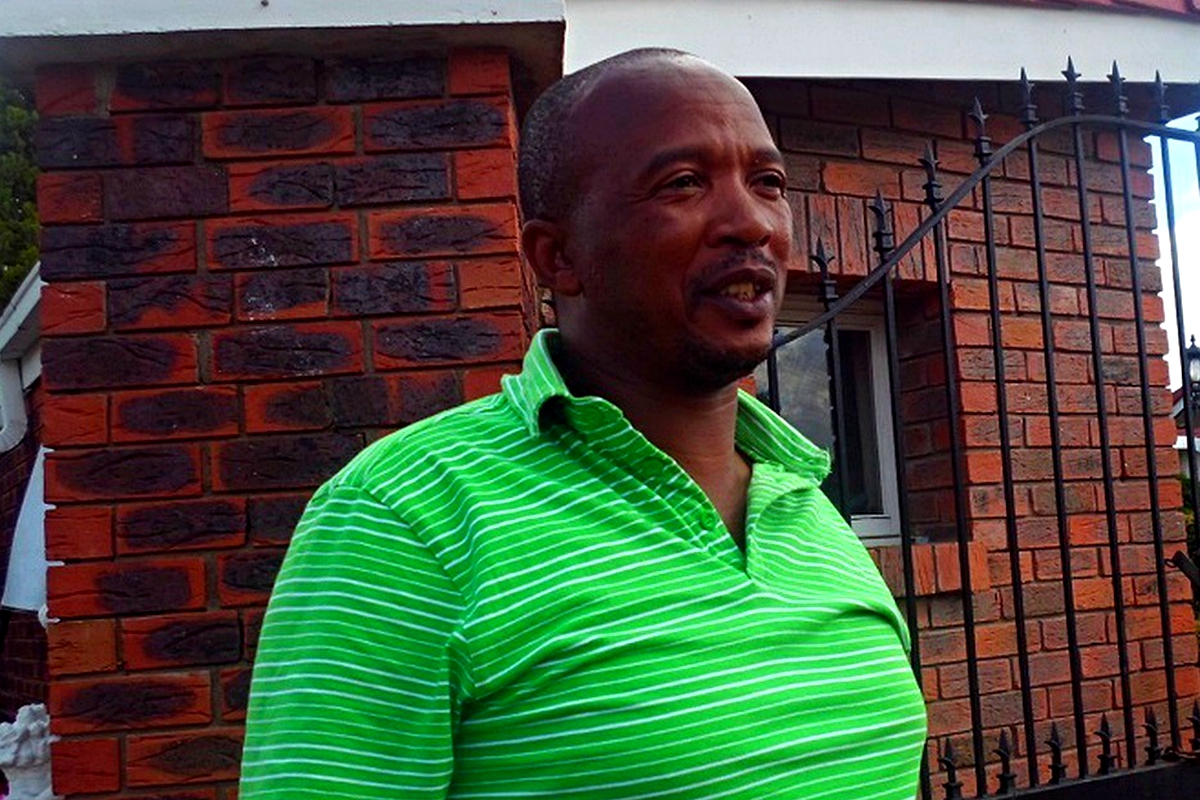WHILE the fuel prices keep on fluctuating mainly due to the rand/dollar exchange rate and the price of oil on the global front, the local taxi industry is likely to shed a few more tears as challenges keep on mounting.
business
April 12, 2023
NEO SENOKO
2 min read
Fluctuating fuel prices upset taxi industry

MRTO Pro, Lebohang Moea
Story highlights
Failure to deal with pirate taxis and “catch a ride” transportation is among many trials affecting the industry, thus forcing many legitimate operators out of business.
Those that remain in business are projected to continue suffering while more people will be pushed into poverty.
Coping with the continuous increase is hard not only on the industry but also on ordinary people, all of which are still trying to recover from the impacts of the COVID-19 lockdowns.
With the uncomfortable earning margin, the taxi industry has been pushing for higher tariffs or stipends to assist. Ever since the COVID-19 pandemic, gas prices have seen drastic price changes as well.
“We are still struggling and complaining because as long as petrol prices are above M20, the industry will continue suffering. On top of that, we are forced to deal with other challenges that include pirate taxis and “catch a ride” transport. So it is really difficult to survive under such conditions. The best option at the moment would be to further increase taxi fares. Other than that, our struggles will never be solved,” Maseru Region Transport Operators (MRTO) spokesperson, Lebohang Moea said on Tuesday.
The local fuel prices are tied to two key factors, the rand/dollar exchange rate and the price of oil.
The oil prices factor into the cost of international petroleum products in the market, while the rand’s strength determines the cost of importing these products and fuel in general.
Enjoy our daily newsletter from today
Access exclusive newsletters, along with previews of new media releases.
It is a known fact that Lesotho and South Africa are closely paired and share almost all economic challenges that are posed by the global market.
And, with that being said, the latest snapshot data from the Central Energy Fund (CEF) in South Africa shows an under-recovery (increase) in petrol prices of between 63 cents and 70 cents per litre.
Diesel prices on the other are showing an over-recovery (decrease) of between 39 cents and 50 cents per litre.
With that scenario in mind, and while the Lesotho Petroleum Fund is not in a position to comment on projected petroleum prices, it is likely that prices which were largely kept unchanged in the previous month, shall see an increase and go above M20.
For the current period, the pump prices of both grades of petrol (petrol93 and petrol95) remain unchanged while the price of diesel and illuminating paraffin decreased by M1.10 cents per litre.
Petrol93 currently costs M20.10 per litre while petrol95 is sold at M20.40 per litre.
Diesel on the hand is charged at a bit higher rate of M21.05 per litre while illuminating paraffin costs M16.50 per litre.
Tailored for you






